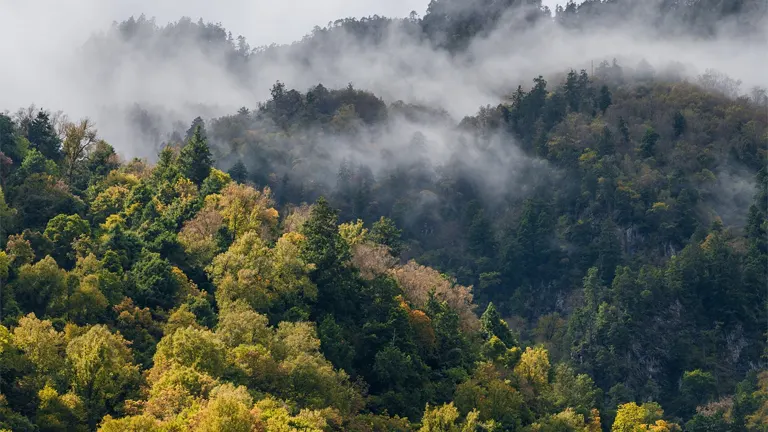Ozone Pollution Slows Tropical Forest Growth, Reducing Carbon Absorption
- September 26, 2024
- 0 comments
- Alex Fiske

A new study shows that ozone gas is hurting the growth of tropical forests. This means about 290 million tonnes of carbon are not being captured each year.
Ozone in the stratosphere protects us from harmful UV rays, but ground-level ozone is different. It forms from pollution and sunlight and makes it hard for plants to take in carbon dioxide. Ground-level ozone is also bad for human health.
The research, published in Nature Geoscience, finds that ground-level ozone reduces yearly growth in tropical forests by 5.1% on average. In Asia, this loss is even higher at 10.9%.
Tropical forests are important because they capture and store carbon dioxide, which helps fight global warming. The study estimates that since 2000, ozone has stopped the capture of 290 million tonnes of carbon each year, leading to a 17% drop in carbon removal by these forests this century.
Researchers tested how different tropical tree species respond to ozone and used this information in a computer model to understand global vegetation better. They found that areas for future forest restoration are also heavily affected by high ozone levels.
Dr. Flossie Brown from the University of Exeter said, “Air quality will continue to play an important role in how forests absorb and store carbon.”
The study highlights the need for better environmental protection to reduce ground-level ozone, which would improve air quality and help tropical forests capture more carbon.



Leave your comment